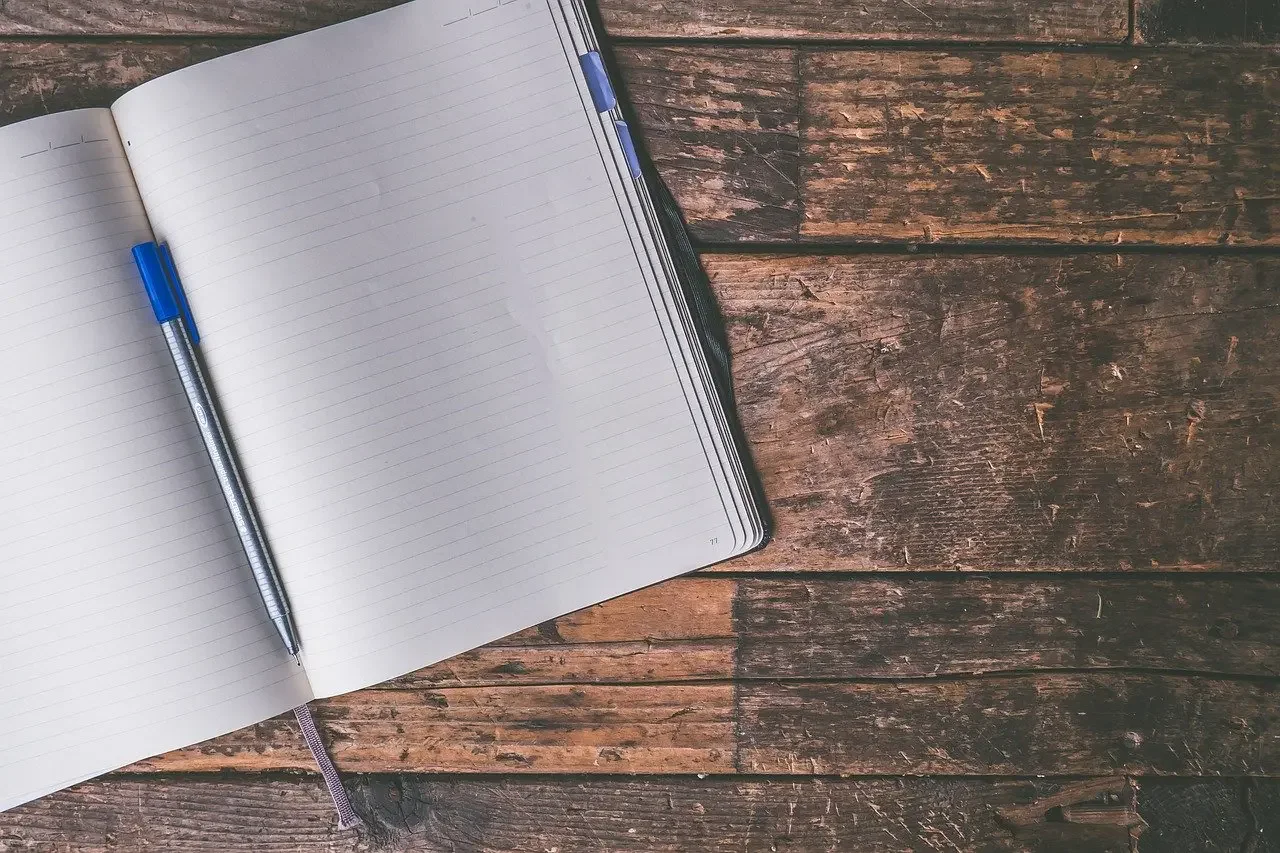
It’s a rare student who has never crusaded to pull together an academic paper. Essay writing is an integral part of the educational process. So, even if you find it dreary and mind-numbing, there is no chance that you’ll avoid completing writing assignments at college. Not to spend tons of time trying to write your essay or any other paper assigned by your instructor, you need to adopt some effective writing strategies that will help you in college and beyond. Below are some of the practical writing tricks you want to employ when working on your next essay.
Warm-Up Freewriting
You know that the most difficult part of writing is to actually begin. So, at the initial stage, you can benefit from freewriting greatly. What we’re talking about in this section is more of stream-of-consciousness writing, which serves as an excellent warm-up activity paving the way to more refined, thoughtful, and research-based writing. So, even if you’re not in the mood, even if you don’t like what’s coming out on the page, even if you hate everything you’re writing at that moment, just write. If you feel unable to write about your topic, start jotting down a description of your day so far. Just don’t stop the forward motion. At this phase in the process, bad writing is not your enemy. Your enemy is a blank page.
Deep, or Thoughtful Freewriting
One of the largest misconceptions about freewriting is that your efforts should be focused on covering a wide breadth of material without digging too deep into your subject. Or that you should mine down to the core of a few specific elements of your essay focusing on uncovering small details related to the very specific pathways you’ve chosen. But, in fact, the most effective freewriting covers both aspects: the breadth and the depth. So, we encourage you to do what we call the “drill around” and “drill down.”
First, think about your essay topic in all its majestic glory. Jot down some notes on your subjects and leave some space to fill in detail later. This would be the drill around.
Once you’ve excavated the surface and noticed some glittery potentially essay ideas, it’s time to transition to the drill down. In this stage follow your most promising ideas and interests tangents as far as they will go. Dive into each subject headfirst, recording every detail you can think of. Nothing is too minute or too unimportant to get down. Forget minimalism. More is more.
If may feel like you’re veering off course as you delve into a side note to your main story. But these divergences are often the source of unexpected and compelling details. For instance, following your train of thought about your grandpa’s emigration experience could lead to a memory of a weird book about underwater animals that taught you how to speak English. Be as descriptive as you can and don’t worry about overdoing it. You can always scrap what doesn’t work.
Make Notes as You Write

You should make notes not only when you’re researching a subject or during the lecture, but also when working on your essay draft. Make and annotate your notes in the margins. If your thoughts don’t come out the way you want them to, highlight a word, sentence, or paragraph that looks dubious. You may also bold or put them in parentheses. Make a small notation that indicates what you may want to circle back or revise later.
Schematize, Record Your Ideas
When setting words down on a page poses the obstacle, don’t forgo freewriting. Go around it. If you suddenly feel the urge to draw, sketch it out, make a diagram, or an idea map. If you think you’re a better talker than a writer, you may record yourself telling your story to a friend and then transcribe what you said. Tell it a few times and observe which details you add subtract. Do whatever it takes to keep telling your story.
Ask For Questions

Tell a close friend or a family member about your topic. Ask them to assign you a set of quick interview questions. If this person reads an essay about your topic written by you what would they want to know? Freewriting a response to bite-size prompts is a great way to inspire a new flood of ideas and breakthrough initial writing trepidation. Make sure to request that whoever asks these questions challenge you to dig for details.
Identify the Highlights, but Delete Nothing
Of course, you’ll want to review your essay draft and start wrangling your best work. But try not to do this until you have at least double the number of words required for any given assignment. Remember it’s much easier to snip and trip away from an essay that’s too long than it’s to add to one that isn’t fully fleshed out. That said when you begin to review and isolate your best efforts always save a copy of your initial draft. Don’t trash your extra words for good, you may regret it.
Hope your recommendation will help you start writing a stronger essay and get better grades at college. The article was contributed by PapersOwl, an online essay, and research paper writing service.
Interesting Reads
How to set up online course using Learndash plugin:
Most Popular Fully Responsive WordPress Themes That Are Easy To Implement






